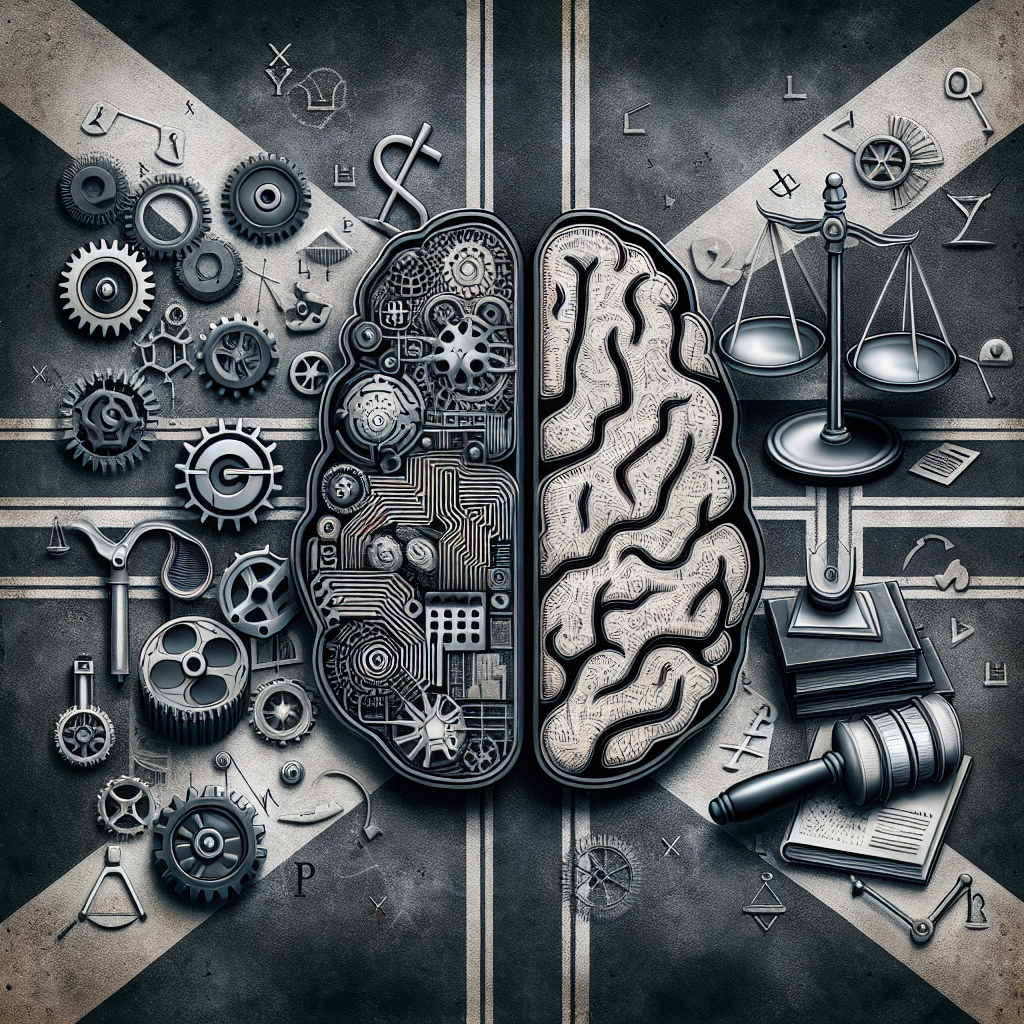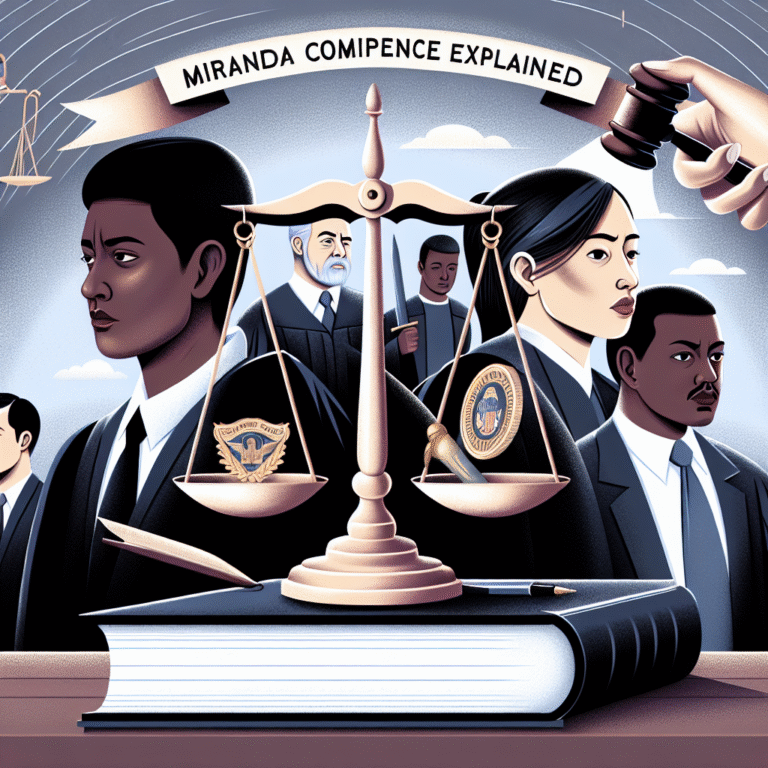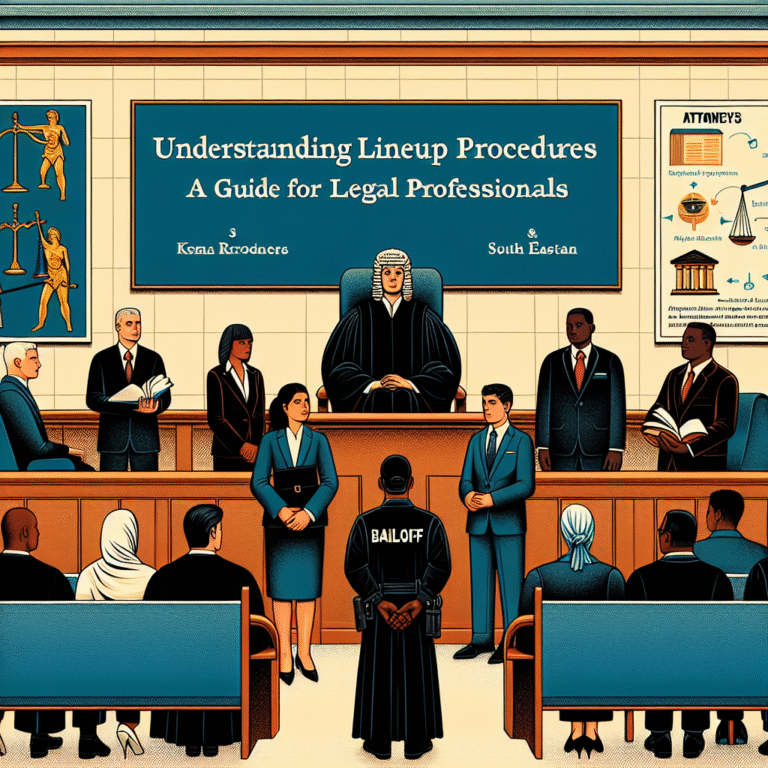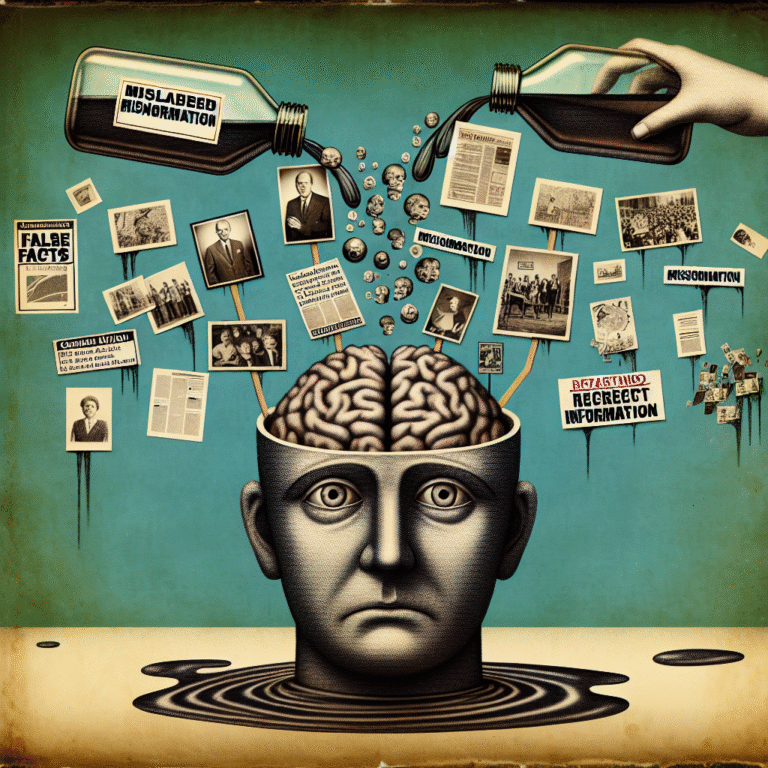
Introduction
Imagine standing on the edge of a dark abyss—an unsolved crime, a victim’s life cut short, and the echo of unanswered questions that linger in the air. In this complex landscape, the intersection of psychology and law emerges as a beacon of hope, illuminating the path toward justice and understanding. Through the lens of psychological autopsies, we delve into the minds behind the crimes—unraveling motivations, uncovering truths, and shaping the narratives that frame our legal system. This article explores how these psychological examinations not only redefine the parameters of crime but also challenge our perceptions of justice and accountability.
Understanding Psychological Autopsies
What is a Psychological Autopsy?
At its core, a psychological autopsy is an investigative technique that seeks to understand the mental state of individuals—predominantly victims—post-mortem. Unlike traditional forensic autopsies that focus solely on the physical aspects of death, psychological autopsies examine motivations, behaviors, and emotional states prior to death. This practice is especially pivotal in cases of suicide and unexplained deaths where legal outcomes often hinge upon comprehensions of psychological conditions.
Importance of Psychological Insights in Legal Contexts
The intersection of psychology and law becomes particularly pronounced in settings where understanding the mental state of individuals aids law enforcement and legal proceedings. Psychological autopsies provide law enforcement with tools to produce psychological profiles, evaluate confessions, and even draw connections between social factors and criminal behavior.
Table 1: Key Components in Psychological Autopsies
| Component | Description |
|---|---|
| Historical Background | Collecting past behavioral data |
| Social Context | Understanding the victim’s relationships and societal influences |
| Mental Health Evaluation | Analyzing psychological conditions and coping mechanisms |
| Circumstantial Factors | Delving into circumstances surrounding the death |
Historical Context and Evolution
The concept of psychological autopsies gained traction in the late 20th century, largely as a response to soaring suicide rates and burgeoning mental health awareness. Pioneers in the field, such as Dr. Edwin Shneidman, began crafting methodologies to methodically dissect the emotional and psychological components that surround inexplicable deaths. As we examine case studies throughout this article, we will see how these historical developments have paved the way for real-world applications.
Case Study Analysis: The Role of Psychological Autopsies in Criminal Investigations
Case Study 1: The Death of Kurt Cobain
One of the most publicized examples involving a psychological autopsy was that of the iconic musician Kurt Cobain. The investigation into his death predominantly centered on the question of whether it was a suicide or homicide. Findings indicated that despite his fame, Cobain grappled profoundly with depression and substance abuse, factors that were critical in evaluating his mental state during the time of his death.
Relevance
Here, the intersection of psychology and law is evident; understanding Cobain’s psychological struggles allowed investigators and courts to determine that his death was, tragically, a self-inflicted act rather than foul play. Psychological autopsies acted as a bridge between law and psychological insight, highlighting critical components like depression that laws and legal outcomes frequently overlook.
Case Study 2: The Amanda Knox Trials
Another significant instance showcasing psychological evaluation in legal venues was the Amanda Knox trials. Knox was accused of murdering her roommate, Meredith Kercher, and her behavior during and after the investigation drew scrutinizing attention, leading to psychological assessments that aimed to understand motives and character.
Analysis
In this case, psychological autopsies provided clarity around behavioral anomalies, such as Knox’s emotional responses under intense scrutiny. Law enforcement and legal representatives utilized insights from psychological evaluations to navigate complex narratives and ultimately shape jury perspectives.
Table 2: Factors Influencing Court Outcomes
| Factor | Example from Case |
|---|---|
| Public Perception | Media portrayal influencing jury biases |
| Mental State | Psychological assessments guiding legal proceedings |
| Behavioral Responses | Individual reactions impacting legal interpretations |
Impacts on Legal Outcomes
The insights derived from psychological autopsies can have transformative impacts on legal outcomes. They allow courts to consider not just the actions of an individual but the psychological burdens carried, which can lead to more nuanced understanding and potentially more just outcomes for the accused or the victim’s family.
The Intersection of Psychology, Law, and Violence
Understanding Violent Crimes
Violent crimes pose some of the most complex challenges in the legal system. Understanding the psychological motivations behind such acts is essential in not only prosecuting but preventing future occurrences. Psychological autopsies delve into the mental state of perpetrators, offering clarity on violent tendencies governed by emotional, psychological, or social factors.
The Case of Ted Bundy
Bundy’s psychological profile offers chilling insights into the mind of a serial killer. With a background that included charm, intelligence, and duplicity, Bundy’s psychological autopsy post-mortem revealed a pathological need for control and dominance over his victims.
Importance of Profiling
The outputs of Bundy’s psychological examination contributed significantly to refined criminal profiling. By understanding the psychological underpinnings, the law gained tools to predict and avert similar crimes in the future.
Chart 1: Profiling Crime Patterns Using Psychological Insights
| Crime Type | Psychological Characteristics |
|---|---|
| Serial Killers | Narcissism, lack of empathy |
| Domestic Abuse | Control issues, escalated aggression |
| Terrorism | Ideological motivation, sense of injustice |
The Evolving Nature of Crime and Justice
As society evolves, so does the landscape of crime. The intersection of psychology and law plays a vital role in adapting to emerging threats. With advances in mental health research, understanding pathology becomes integral.
Ethical Implications of Psychological Autopsies
Balancing Privacy and Justice
The efficacy of psychological autopsies raises ethical dilemmas. In navigating the intersection of psychology and law, professionals must tread carefully to manage the balance between benefiting justice and maintaining individuals’ privacy rights.
Case Example: The Ethical Dilemma in the Death of Robin Williams
The passing of beloved comedian Robin Williams provoked a nationwide conversation surrounding mental health and suicide. Media coverage often sensationalized his death, leading to questions about the ethics of exposing private psychological struggles for public consumption. Psychological autopsies must, therefore, navigate these waters delicately, as they can affect survivors and families profoundly.
Future Directions in Ethical Guidelines
Establishing strict ethical guidelines will be essential as the use of psychological autopsies becomes more commonplace in legal practices. Transparency, consent, and protection of sensitive information will be paramount for therapists and psychologists involved in these investigations.
The Future of Psychological Autopsies in Criminal Justice
Integrating Psychological Research into Legal Frameworks
As we move forward, the integration of psychological research into legal frameworks will only become more critical. Law enforcement must embrace psychological insights to craft better strategies for crime prevention and resolution.
Training and Development
Training programs focused on understanding psychological evaluations can prepare legal professionals to better navigate the intricate dynamics at play. Understanding these psychological aspects can enhance interrogation techniques and improve the legal representation of vulnerable populations.
Table 3: Recommended Training Areas for Law Professionals
| Training Area | Objective |
|---|---|
| Crisis Intervention | Enhance communication strategies |
| Mental Health Literacy | Understand various mental health conditions |
| Cultural Sensitivity | Appreciate social dynamics affecting behavior |
Conclusion
The intersection of psychology and law, specifically through the lens of psychological autopsies, has emerged as a groundbreaking approach in understanding crime. As we scrutinize the minds that intersect with the law, we uncover not just motivations, but a complex web of emotional experiences that shape human behavior. This approach allows us to bring layers of understanding to each case, paving the way for a more empathetic and informed legal system.
As we move forward, it is important for society to advocate for continued collaboration between psychologists and legal experts. The insights gleaned from psychological autopsies will not only contribute to the understanding of crime but can ultimately promote prevention and justice in our communities.
FAQs
1. What exactly is a psychological autopsy?
A psychological autopsy is an investigative method that aims to reconstruct the mental state of an individual before their death, particularly in cases that may involve suicide or unexplained circumstances.
2. How do psychological autopsies help in legal cases?
Psychological autopsies provide crucial insights about an individual’s mental state, motivations, and social dynamics. This information can help law enforcement understand criminal behavior and inform legal proceedings.
3. Can psychological autopsies be used in every case?
While psychological autopsies offer valuable insights, their applicability may vary depending on the circumstances of the case. They are most effective in complicated cases involving mental health crises, such as suicides.
4. What ethical concerns surround psychological autopsies?
Ethical concerns include the privacy of individuals involved, potential stigmatization, and the sensitivity of exposing personal psychological struggles, particularly in cases involving victims.
5. How is the field changing with advances in research?
Research in psychology continues to evolve, offering deeper insights into human behavior. As mental health awareness grows, integrating psychological findings into legal practices becomes increasingly crucial for accurate crime understanding and resolution.
This engaging exploration into the intersection of psychology and law serves as a cornerstone for comprehending crime through a multidimensional lens—welcome to a world where understanding the mind can reshape justice.

















